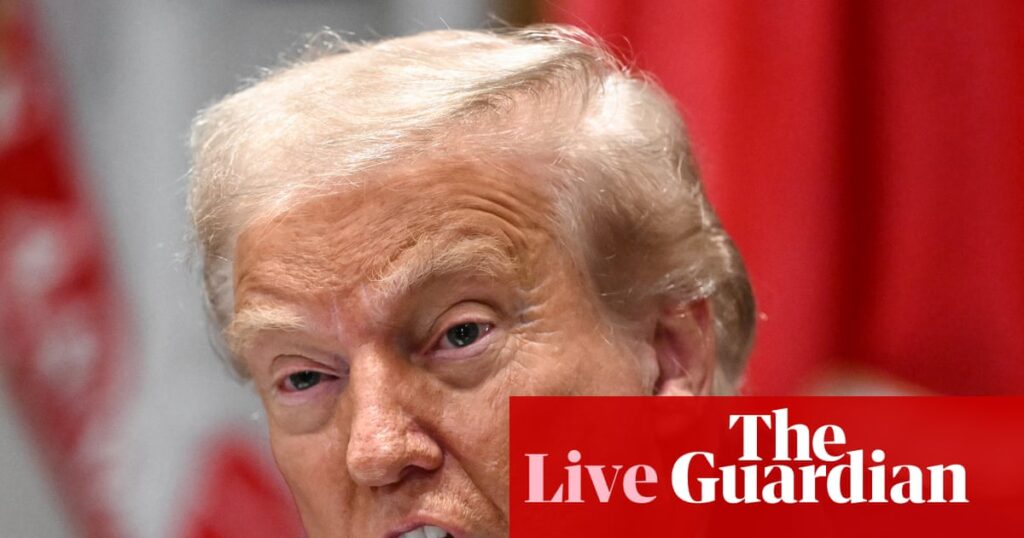
In a significant legal and political maneuver, former President Donald Trump is seeking to overturn a ruling that declared his trade tariffs illegal. This development comes amidst a flurry of political activity, including contentious debates over public health policies and federal interventions in local governance.
Health Secretary Robert F. Kennedy Jr. is set to appear before a congressional committee on Thursday, where he will face scrutiny over recent upheavals within federal health agencies. The Senate Finance Committee has summoned Kennedy to discuss his “Make America Healthy Again” initiative. However, the focus is expected to shift to controversial layoffs and budget cuts that critics argue undermine the nation’s disease prevention capabilities.
Federal Interventions and Local Responses
Meanwhile, Donald Trump has suggested the deployment of the National Guard to New Orleans, citing a “crime problem” as justification. This proposal has met with mixed reactions. While Republican Governor Jeff Landry expressed support, city leaders have criticized the move as unnecessary. Trump has previously indicated plans to send federal forces to Chicago and Baltimore, following deployments in Washington, D.C.
New Orleans City Council President JP Morrell voiced strong opposition, stating, “Marching troops into New Orleans is an unnecessary show of force in effort to create a solution to a problem that doesn’t exist.” This tension highlights the ongoing debate over federal versus local control in addressing urban crime.
Legal Battles and University Funding
In a separate legal victory, Harvard University successfully challenged the Trump administration’s decision to terminate $2.2 billion in research grants. A federal judge ruled that the administration’s actions were unlawful, marking a pivotal moment in the ongoing conflict between the White House and higher education institutions.
The administration had accused Harvard of failing to address antisemitism on campus, a charge the university denied, arguing it was being targeted for its refusal to align with the administration’s ideological demands. This ruling underscores the broader struggle over academic freedom and government influence in education.
Vaccine Mandates and Public Health Policy
In Florida, Surgeon General Joseph Ladapo announced the repeal of state vaccine mandates for children, drawing parallels between these requirements and “slavery.” This controversial stance aligns with Governor Ron DeSantis’s broader agenda to challenge federal health guidelines.
Ladapo, a known vaccine skeptic, stated, “People have a right to make their own decisions. Who am I, as a government or anyone else, to tell you what you should put in your body?” His comments reflect a growing movement questioning public health measures, a trend that gained momentum during the COVID-19 pandemic.
International Relations and Military Presence
On the international stage, Trump reaffirmed his commitment to maintaining U.S. troops in Poland during a meeting with Polish President Karol Nawrocki. This pledge comes amid regional concerns over potential changes to U.S. military deployments in Europe.
Trump praised Nawrocki’s leadership, stating, “I don’t endorse too many people, but I endorsed him, and I was very proud of that, the job he’s done.” This meeting highlights the strategic importance of U.S.-Polish relations, particularly in the context of broader European security dynamics.
Implications and Future Developments
The legal, political, and policy decisions unfolding across the United States signal a period of significant change and uncertainty. As Trump challenges the trade tariff ruling, the outcomes of these various disputes will likely shape the political landscape in the coming months.
Observers will be watching closely as these stories develop, each carrying implications for governance, public health, and international relations. The decisions made in these arenas will not only affect current policies but also set precedents for future administrations.






